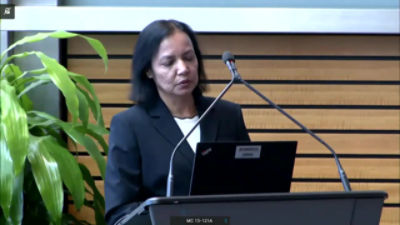The distribution of population and economic activity in geographical space is characterized by peaks and valleys, with cities at the peaks and rural areas in the valleys. In a journey from the countryside to urban centers, one witnesses not just increasing population density and wealth but also higher employment in non-agricultural activities. Cities evolve through technological change and associated specialization patterns: from pre-industrial cities (ancient Rome) to agglomeration-based modern cities (San Francisco).
Where do cities in poorer developing countries fall in the time scale of this evolution, and what drives the emergence and transformation of cities and towns? In this talk, Forhad will discuss recent research on the interactions between spatial and structural transformation. Areas across space are interlinked through transport and migration. Forhad will address multiple aspects of these links, including how a change in transport costs due to infrastructure projects affects spatial specialization, and whether a temporary transport cost shock can leave a relatively permanent footprint on geographical space, resulting in persistent regional inequality. Her research points to a significant gap in the policy dialogue: the problems in a city canˇŻt be solved by focusing on the city alone, but require a spatial general equilibrium perspective.




